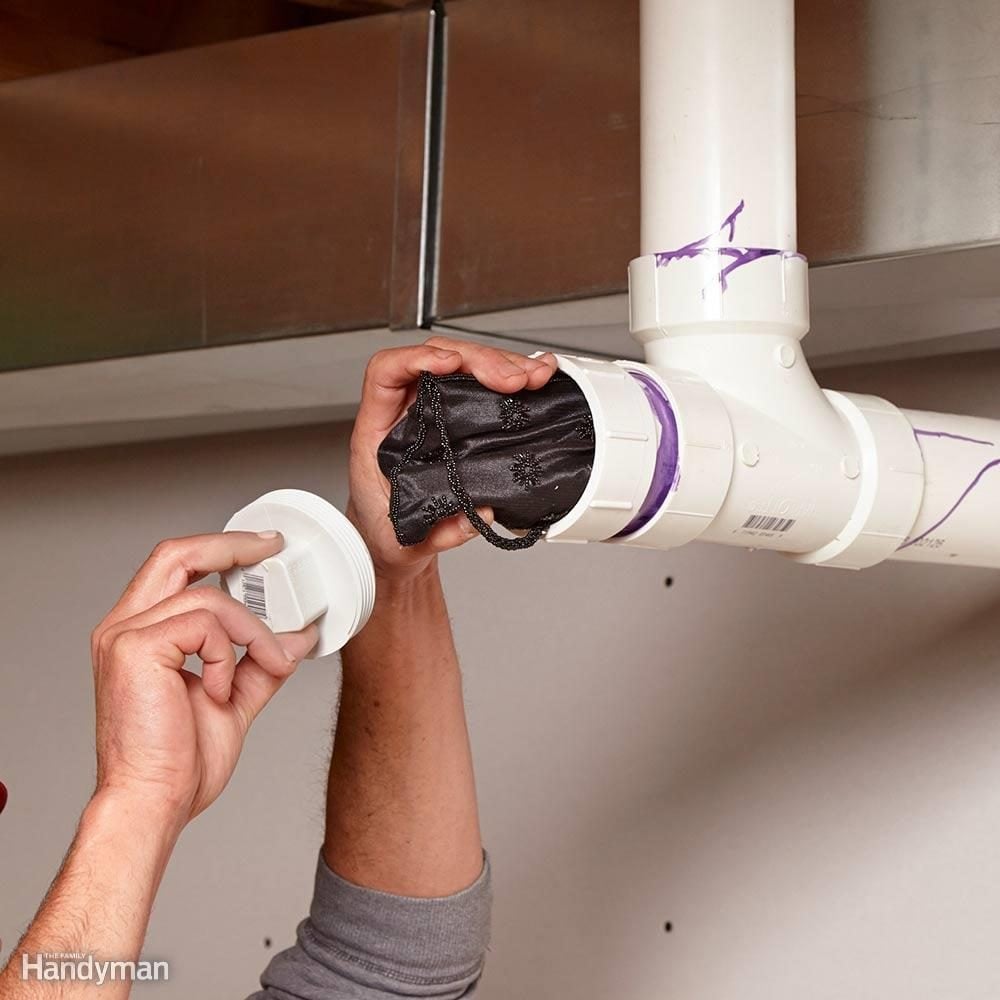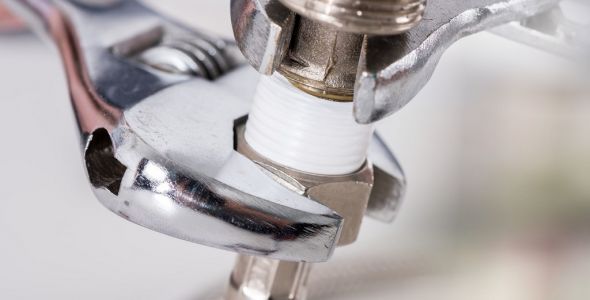Five Practical Hacks for Winterizing Your Home's Plumbing Against Severe Cold
Five Practical Hacks for Winterizing Your Home's Plumbing Against Severe Cold
Blog Article
Are you currently interested in info concerning Winterizing Your Pipes?

All property owners who stay in temperate environments must do their ideal to winterize their pipes. It is something you need to do during fall before deep wintertime truly starts. Failing to do so can spell disaster like frozen, fractured, or burst pipelines. Below are some useful winterizing hacks to maintain your plumbing system secured even if the weather condition outside is shocking.
Activate the Faucets
When the temperature drops and it seems as if the freezing temperature will last, it will aid to transform on your water both inside as well as outdoors. This will keep the water moving via your plumbing systems. You'll finish up squandering gallons of water this method.
Open Up Cabinet Doors Hiding Plumbing
It would certainly be helpful to open cabinet doors that are concealing your pipes when it's chilly outside. For instance, they could be someplace in your kitchen or restroom. This will allow the cozy air from your heating system to flow there. Therefore, you prevent these exposed pipelines from cold. Doing this small trick can keep your pipelines cozy and also restrict the possibly hazardous end results of freezing temperature levels.
Require Time to Cover Exposed Pipes
One nifty and also very easy hack to warm up freezing pipes is to cover them with cozy towels. You can cover them first with towels. After securing them in position, you can put boiling water on the towels. Do it gradually to allow the towels take in the liquid. You can additionally make use of pre-soaked towels in hot water, just do not neglect to use protective handwear covers to safeguard your hands from the warmth.
Attempt a Hair Dryer or Warmth Gun
When your pipes are almost freezing, your dependable hair clothes dryer or warmth gun is a godsend. Bowling hot air straight right into them may aid if the warm towels do not help displace any resolving ice in your pipes. Nonetheless, do not use other items that produce direct fires like a blow lantern. This can cause a bigger calamity that you can not manage. You might end up damaging your pipes while attempting to thaw the ice. And over time, you may even end up shedding your house. Be careful!
When Pipelines are Frozen, close Off Water
Switch off the major water shutoff promptly if you see that your pipelines are entirely icy or almost nearing that stage. You will typically discover this in your cellar or laundry room near the heating system or the front wall closest to the street. Turn it off today to prevent further damage.
Don't fail to remember to close outside water resources, also, such as your hookup for the garden house. Doing this will prevent additional water from filling your plumbing system. With even more water, more ice will pile up, which will eventually lead to burst pipes. If you are unclear concerning the state of your pipelines this winter months, it is best to call a specialist plumber for an inspection. Taking this aggressive technique can conserve you countless dollars out of commission.
All house owners that live in warm environments must do their best to winterize their pipelines. Failing to do so can lead to catastrophe like icy, broken, or burst pipes. If the warm towels do not help displace any type of working out ice in your pipes, bowling warm air directly into them might help. Transform off the main water valve quickly if you see that your pipelines are totally icy or nearly nearing that stage. With even more water, even more ice will load up, which will ultimately lead to break pipes.
PREVENT YOUR PIPES FROM FREEZING THIS WINTER
A Leading Cause of Property Damage
When the weather is taking a deep nose dive into the cold dreary days, the risk of your pipes freezing and potentially bursting skyrockets. Unfortunately, during these cold dreary months, burst pipes are the most common denominator for property damage. The pipes that are most at the risk are those that are in areas where it is most cold in your home. For instance, pipes located in interior places such as basements, attics, and your garage. Unfortunately, that doesn’t mean that the pipes running through your cabinets or exterior walls can’t freeze. Good news, however, is that you can do things to help prevent pipes from freezing.
How to Prevent Pipes From Freezing
Once the temperature starts to drop during the winter, you should be taking the proper measures needed to ensure that your pipes stay warm and that there is circulation of water through them. Some steps that experts may recommend could go against your better judgement when it comes to saving water and heat. However, it would go without saying that when expenses are compared, damaged pipes could put a bigger dent in your wallet than a water bill.
What Can I Do?
Keep your garage door closed. This is very important, especially if you have water supply lines running through your garage. Open your kitchen and bathroom cabinets to allow warm air to circulate through them. Allow air circulation throughout your home. Keeping the interior doors open will once again allow the warm air to circulate inside your home. Ensure your thermostat is running the same temperature throughout the night and day. If you plan to be away from home during the cold months, set your temperature no lower than 55° F. This should provide enough heat to keep the pipes warm and prevent any remaining water inside the pipes from freezing. For more of a long-term solution, add insulation to attics, basement, and other crawl spaces around your home. By allowing your faucet to drip, it will alleviate pressure in the system. This is important because the pressure that is created between the blockage and the faucet can potentially cause the pipes to burst. Allowing the faucet to drip will prevent the pressure from building up, therefore keeping the pipes from bursting. Seal any cracks, openings, and crawl spaces around your home to prevent cold air from coming inside. This keeps your pipes-not to mention your home-warmer and less susceptible to issues caused by freezing temperatures. For the pipes in your home that are easily accessible, applying electrical tape to them might prevent them from freezing over. This is a quick fix, as you can apply the tape directly to the pipe. There are two options for heating tapes. One turns on and off by itself when it senses heat is needed. The other type of heating tape needs to be applied when heat is needed and removed when not necessary. If you have exposed pipes in your home, you can check this website to take a look at a few options that would be available at a shop near you.

Do you really like more info about Prevent Freezing and Bursting Pipes? Leave a remark down the page. We would be delighted to listen to your ideas about this article. We hope that you visit us again later on. Are you aware of somebody who is curious about the subject? Please feel free to share it. I recognize the value of reading our article about Prevent Freezing and Bursting Pipes.
Phone Report this page